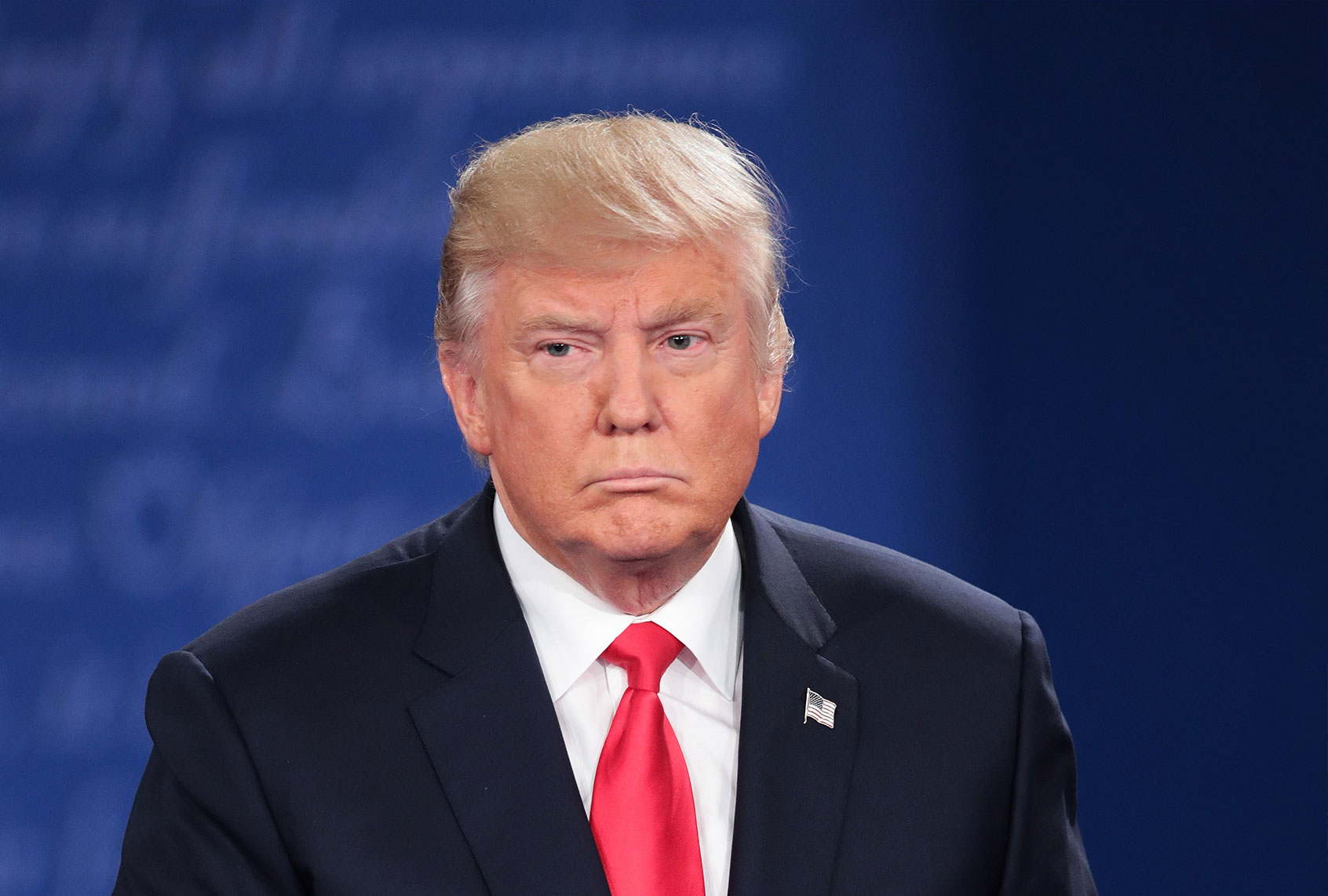With Election Day approaching and his poll numbers still flagging, President Donald Trump has allegedly begun to express concerns to aides about the potential criminal liabilities which may await him in a post-White House life.
The threats are broad: Trump’s businesses are currently under investigation by the New York State attorney general and the Manhattan District Attorney’s office for possible tax and financial crimes. He is also worried about the potential for new federal investigations, according to a new report from The New York Times.
Trump has reportedly expressed these concerns to advisers “for weeks.” Aside from the known state and local probes, The Times did not specify which specific liabilities might have unnerved the president at the federal level.
The difference is significant, because presidential pardons only apply to federal crimes; they do not extend to state and local levels. The constitutional question of whether Trump would pardon himself before leaving office — which no president has tried — has simmered throughout his term. It even came up during Justice Amy Coney Barrett’s confirmation hearings last month.
While former special counsel Robert Mueller’s final report did not directly accuse Trump of any crimes, “it also does not exonerate him.” Though Mueller laid out what many legal experts called textbook examples of obstruction of justice, he did not make a decision “either way” about whether to prosecute Trump. The lack of conclusion maddened the president’s supporters and detractors alike.
That decision largely — but not solely, according to testimony from Attorney General William Barr — hinged on existing Department of Justice guidance which bars a sitting president from be criminally prosecuted. That same guidance deterred federal prosecutors from listing Trump as a co-conspirator by name in the indictment which ultimately sent his former personal attorney Michael Cohen to federal prison.
Federal prosecutors in the Southern District of New York claimed in that case that Cohen had an accomplice in his hush-money payment to Stormy Daniels, an unindicted co-conspirator whom the charging document against Cohen referred to as “Individual-1” — someone who had run “an ultimately successful campaign for president of the United States.”
Because communications about those payments extended into 2017, it may be argued that the five-year statute of limitations would not apply to Trump’s involvement in that crime as a co-conspirator if he were to be prosecuted in 2021.
Ken Starr, the independent prosecutor who investigated former President Bill Clinton, said before Mueller submitted his report in 2018 that he believed the former special counsel would either refer Trump to Congress for impeachment or he would face indictment once he is no longer president.
“Those are the two avenues that I see,” Starr said at the time.
Further, there has been no reporting about what happened to the counterintelligence investigation that the FBI opened into Trump in 2017, and Mueller was prevented from digging into Trump’s finances as a result of a decision from Deputy Attorney General Rod Rosenstein in the investigation’s early stages.
While it is unclear whether the ongoing investigations at city and state levels may concern issues of federal interest, multiple New York Times reports on various findings in Trump’s tax returns have detailed what experts called a number of possible federal violations.
Notably, The Times reported on Monday that the president had been concerned for “weeks” about new federal cases — not old ones. The newspaper published its first report on his tax returns on Sept. 27.


